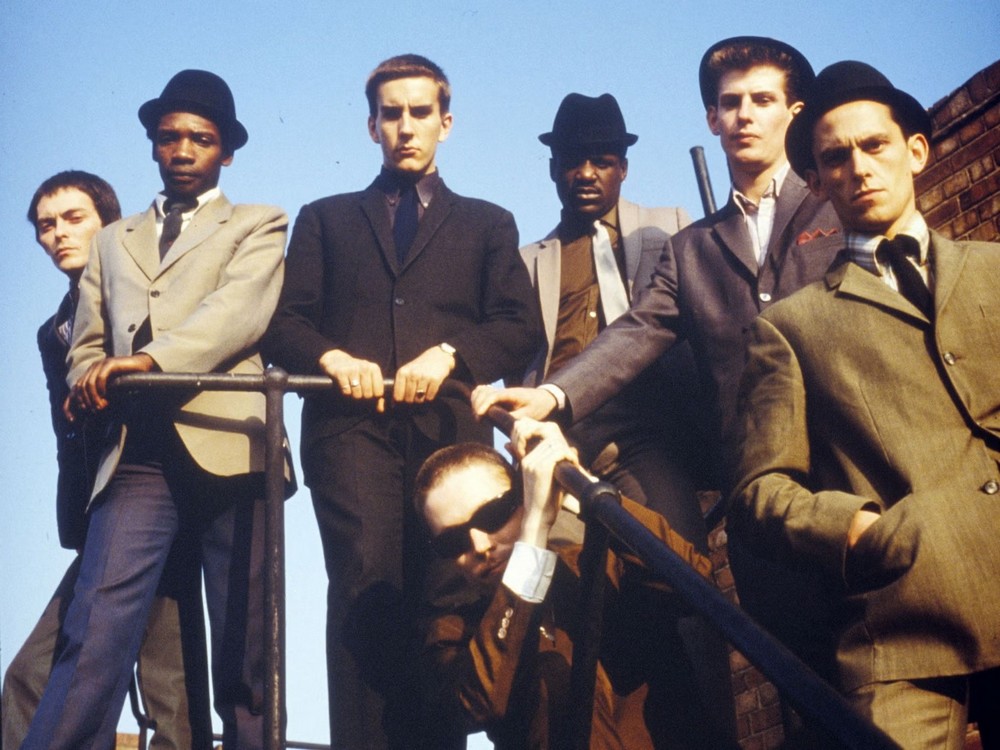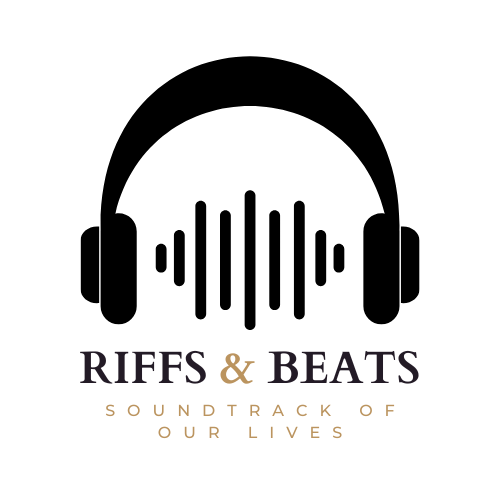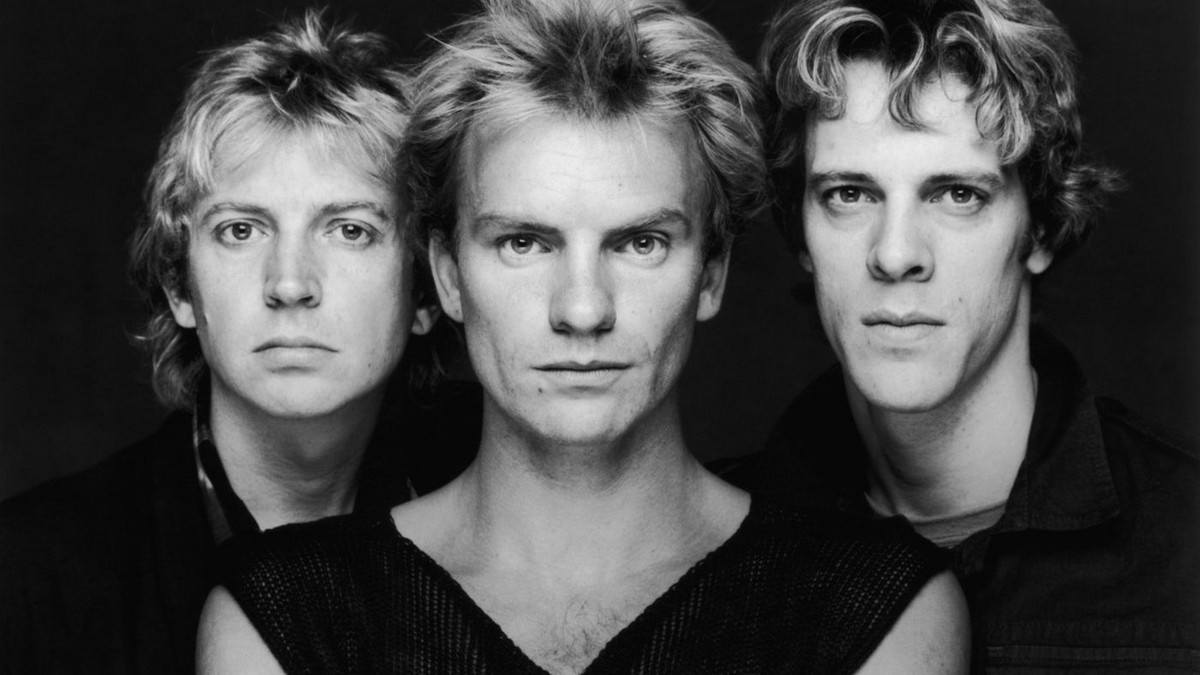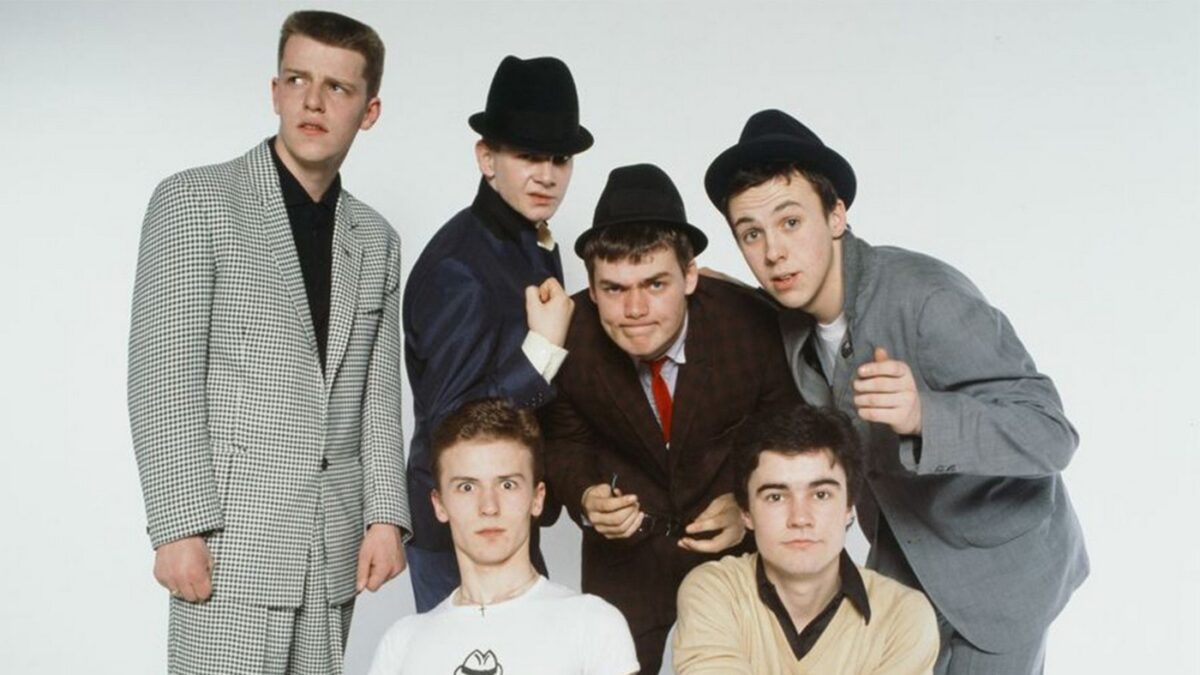Clean suits and beats for dancing minds
Coventry, late 1970s. grey skies; financial hardship; racial conflict. Not the obvious birthplace of a musical movement, but then again, nothing about The Specials was ever obvious. Formed by Jerry Dammers in 1977, the band rose from the post-punk debris with a vision clearer than safety pins and louder than slogans. Using punk intensity and British somberness, they combined Jamaican ska and two-tone rhythm, then danced directly into the heart of a fractured country.
The Specials were always more than only musicians. They were a movement in black and white. The line-up itself was a statement: multiracial, working class, openly unattractive. Frontman Terry Hall seldom grinned. Energy was provided by Neville Staple. The architect was Dammers, always somewhat distant. They transformed dance floors into political venues and gave clothing a deeper meaning than just glitz. Retrospective memories were suits and pork pie hats. They were anti-resilient uniforms.
Elvis Costello produced The Specials, their first album, which hit like a danceable riot in 1979. Each song buzzed with menace, sadness, and movement; a message to You Rudy, Concrete Jungle, Nite Klub. They did not preach. They pointed. At Thatcherism, at racism, at unemployment, at all young Britain was trying to forget. The music often cried, yelled, and skanked all simultaneously.
Live, they were a volcano. Crowds of people exploded. Fights started. It wasn’t disorder for the sake of disorder, though. The storm had organization. Then there was Ghost Town. Released in 1981 as riots and dissatisfaction boiled over in Britain, it was not a protest song. It was a prediction fixed to name. Its unsettling organs and lurching beat beautifully conveyed a country falling in actual time. The one shot No. 1: Days later the band disintegrated.

Like all great firestarters, The Specials burned fast. The lineup modifications then came. Dammers remained behind with The Special AKA and put out Free Nelson Mandela, a song that traveled much outside of the boundaries of Britain. Fun Boy Three was created by Terry Hall. Neville Staple and Lynval Golding struck their own courses. But the fire never completely burned. Decades later, reunion performances packed out. Fresh albums showed up. And though some members passed, their message remained.
The Specials were extraordinary not only for their music but also for their defiance of separating art from life. They wrote about their fears, their lived experiences, their vision. They had both sides reconsider what was playing through the speakers and had white children dance to black rhythms. They dressed hopelessness and gave disenchantment a backbeat.
Every protest chant with a groove behind it carries on their legacy. In every band that understands joy and wrath are siblings, not polar opposites. The Specials did not offer escape. They gave engagement. They weren’t selling revolution. They set the mood for it. And for a few short, wonderful years, they were the sound of Britain awakening.



